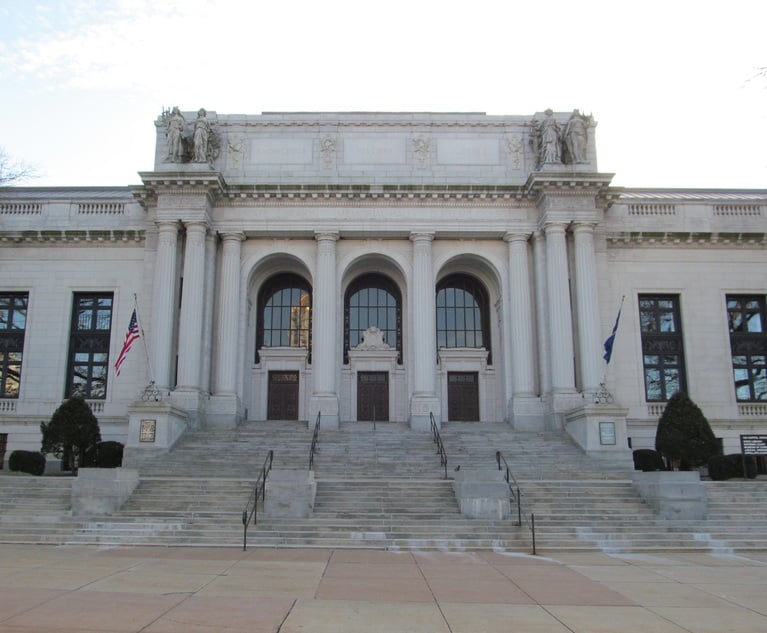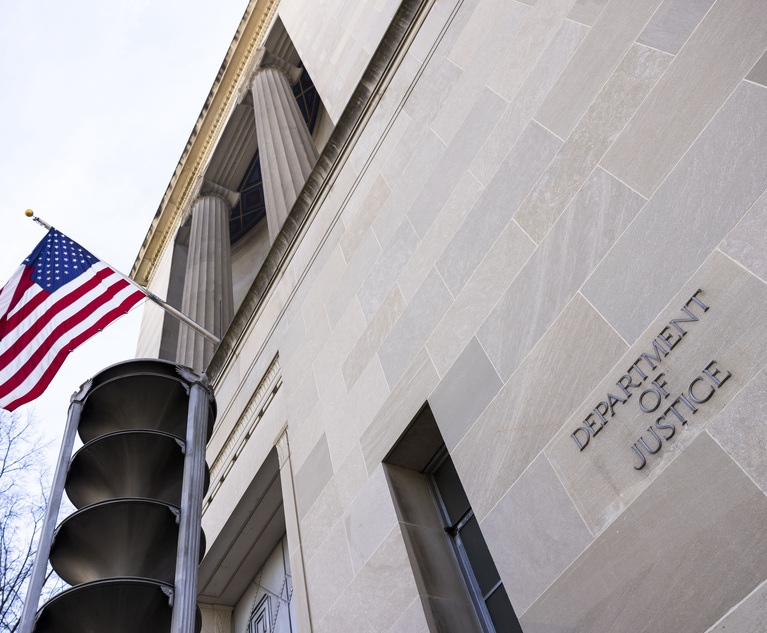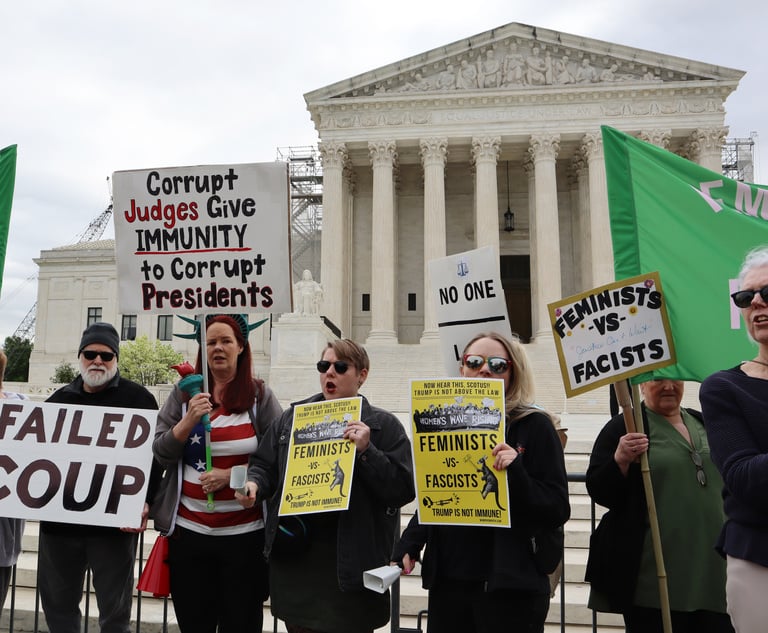A “criminal trial is not a game of wits between opposing counsel, the cleverer party, or the one with the greater resources, to be the ‘winner.’” Levin v. Katzenbach, 363 F.2d 287, 291 (D.C. Cir. 1966). These words can be found in hundreds of opinions throughout our country, usually extolling the advantages of a liberal discovery process. As observed by the United States Supreme Court, “the ends of justice will best be served by a system of liberal discovery which gives both parties the maximum possible amount of information with which to prepare their cases and thereby reduces the possibility of surprise at trial.” Wardius v. Oregon, 412 U.S. 470, 473 (1973).
Connecticut echoes that philosophy and has cautioned that the “purpose of the rules of discovery is to make a trial less a game of blindman’s bluff and more a fair contest with the basic issues and facts disclosed to the fullest practicable extent.” CIT Bank, N.A. v. Francis, 214 Conn. App. 332, 349 (2022). This philosophy applies not only to civil cases, but to criminal cases where the stakes are highest. Indeed, Connecticut criminal discovery rules provide for notice to opposing parties in numerous situations. For example, a defendant has an obligation to provide notice to the state with respect to an alibi defense and the state has a concomitant obligation to provide notice of evidence to rebut such a defense. Practice Book §§ 40-21 and 40-22. Both parties must disclose certain non-privileged evidence it will present in its case-in-chief and certain materials relevant to experts. Practice Book §§40-11 and 40-26.
This content has been archived. It is available through our partners, LexisNexis® and Bloomberg Law.
To view this content, please continue to their sites.
Not a Lexis Subscriber?
Subscribe Now
Not a Bloomberg Law Subscriber?
Subscribe Now
LexisNexis® and Bloomberg Law are third party online distributors of the broad collection of current and archived versions of ALM's legal news publications. LexisNexis® and Bloomberg Law customers are able to access and use ALM's content, including content from the National Law Journal, The American Lawyer, Legaltech News, The New York Law Journal, and Corporate Counsel, as well as other sources of legal information.
For questions call 1-877-256-2472 or contact us at [email protected]







